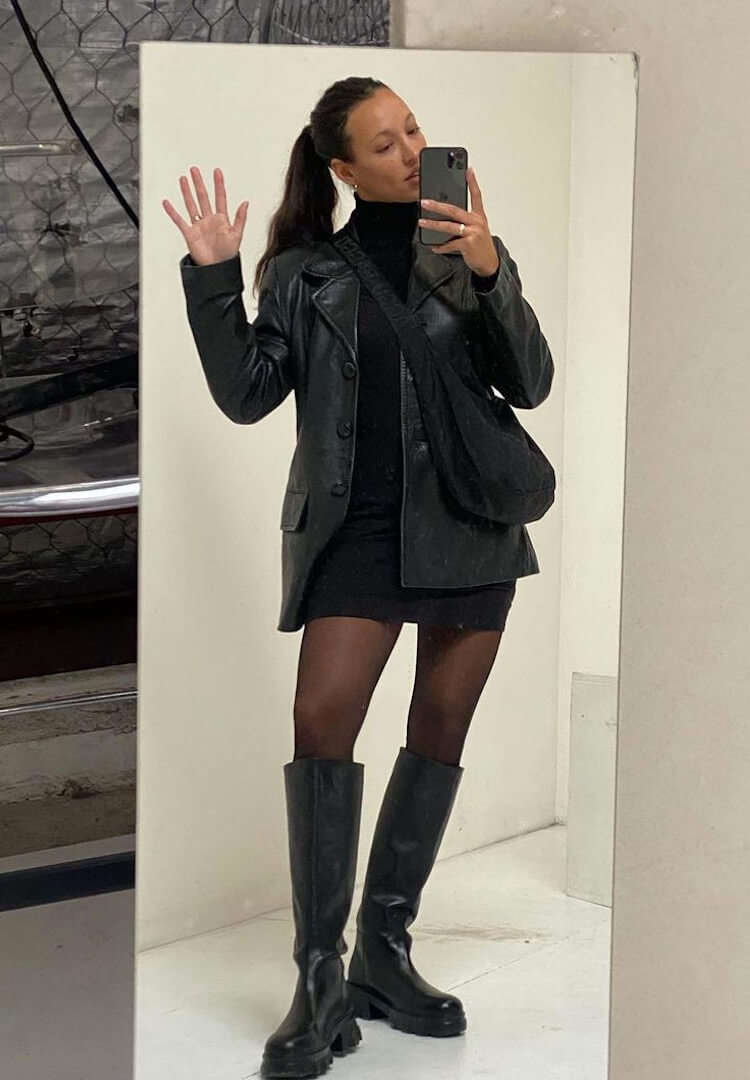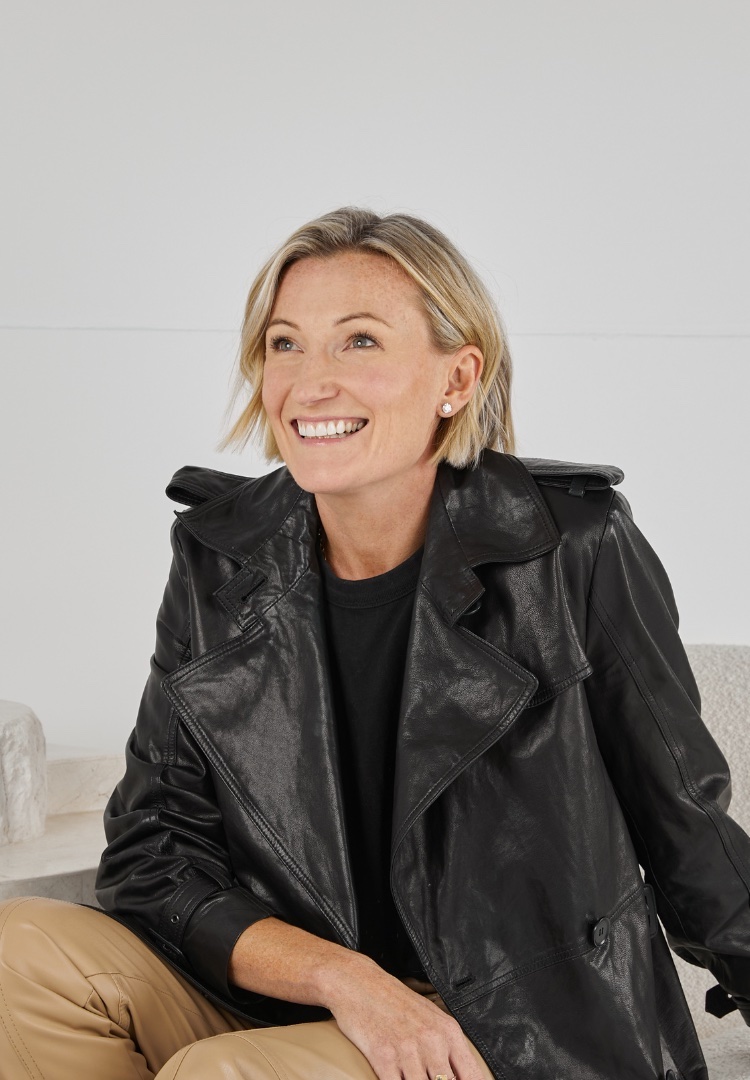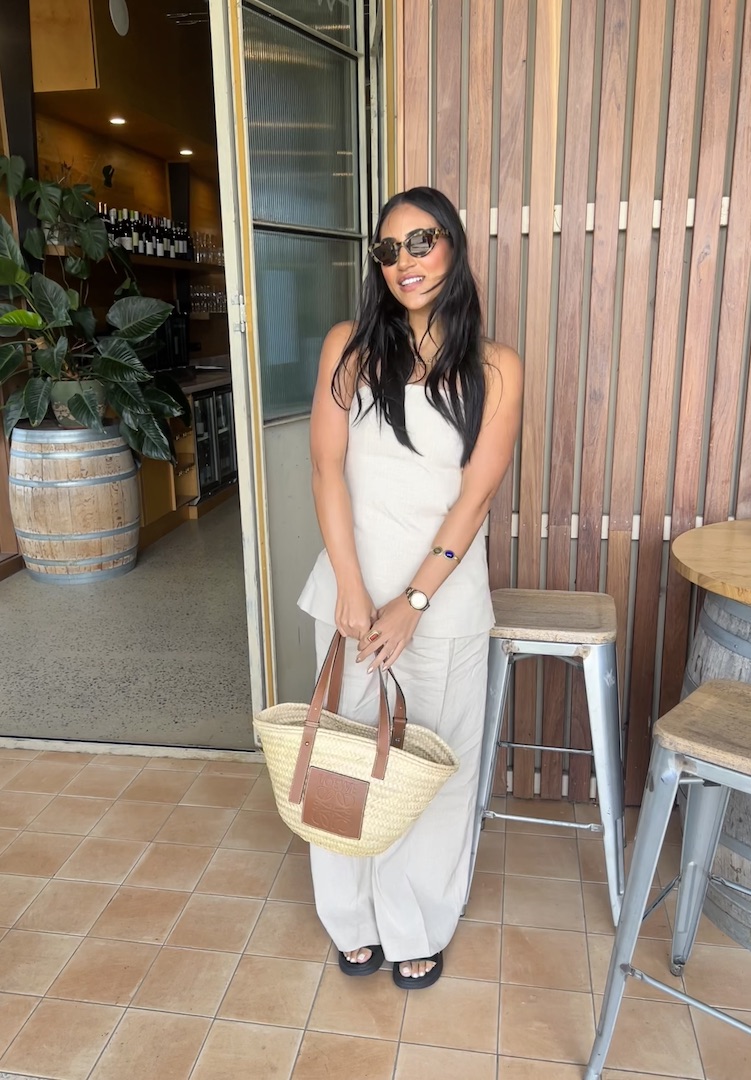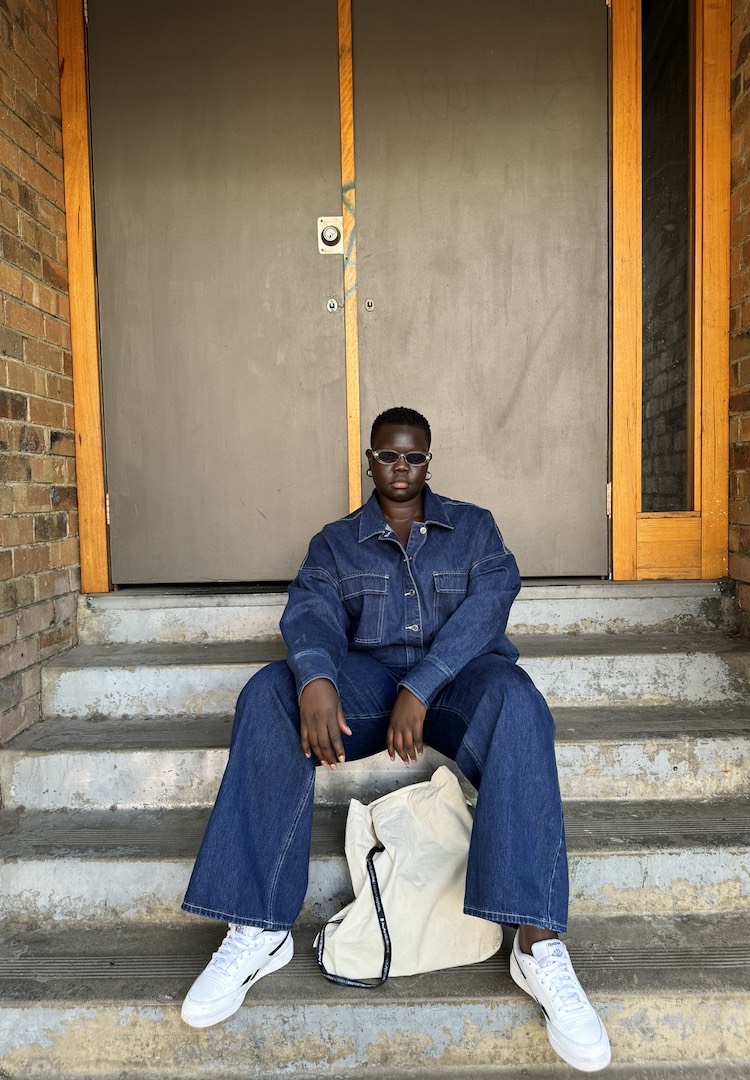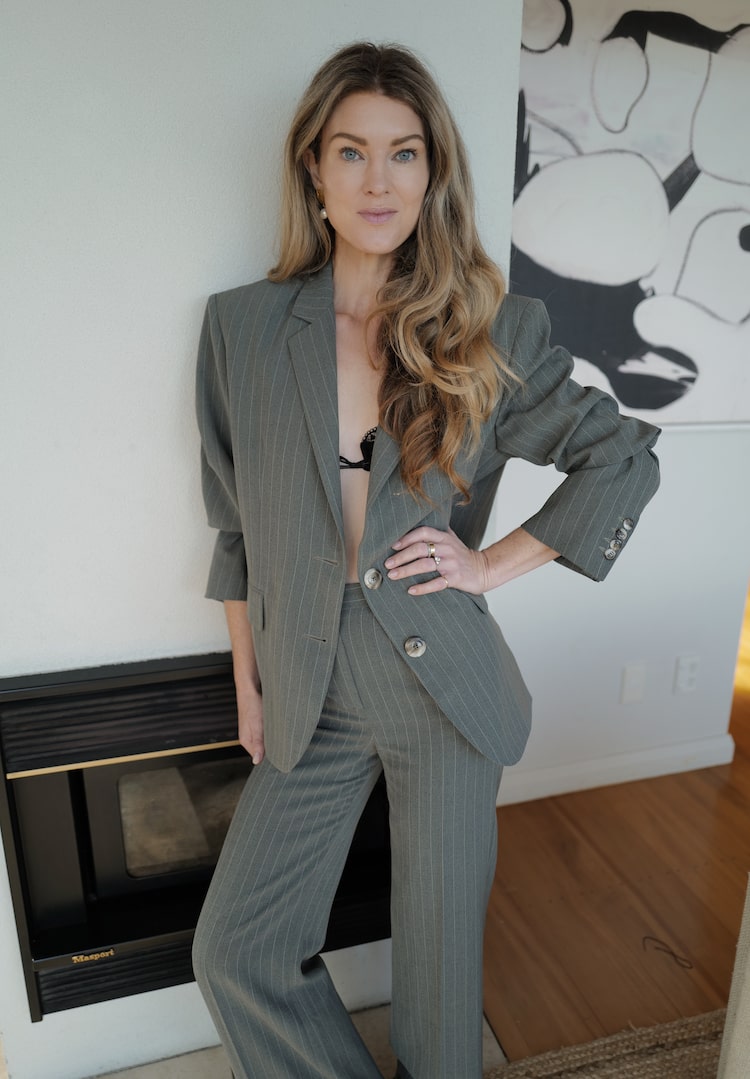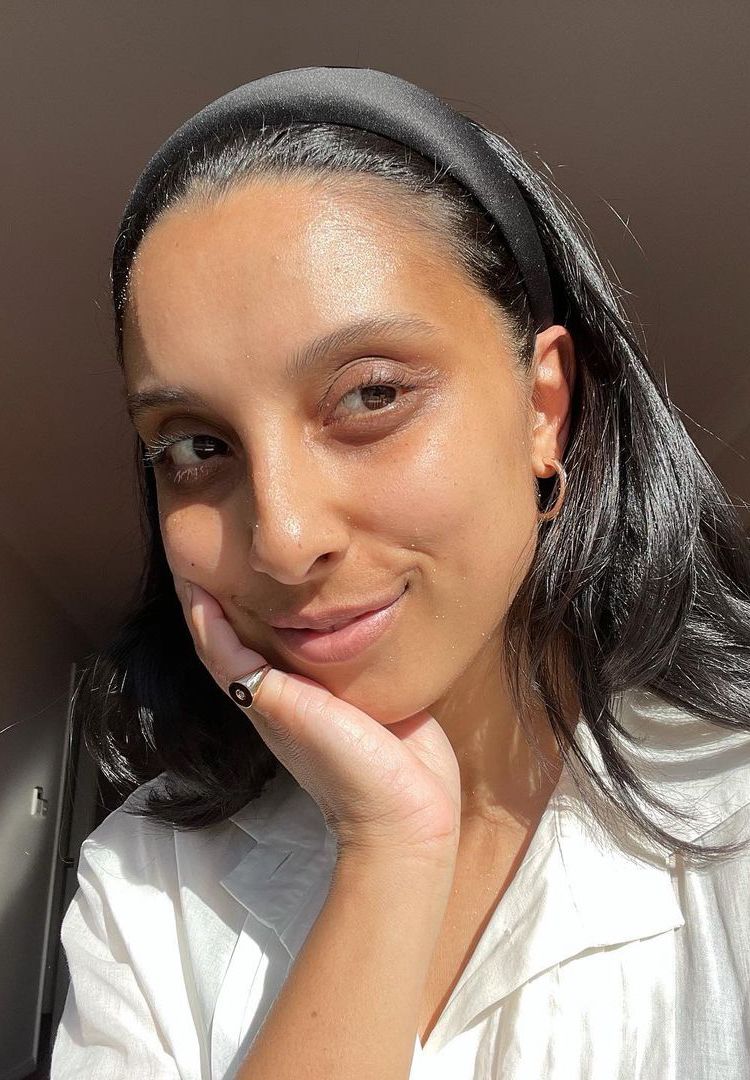How to ‘micromanage’ your work schedule, according to four Australian creatives
Image VIA @MONS.MONDAY/Instagram
Words by Eleanor Wilson
“I do find that life is a lot more settled when you smash things out rather than filing them in the ‘I’ll get back to this later’ mental folder.”
Of all the vital skills I’ve gathered in my turbulent pathway to professional life, organisation is one I’m (regrettably) yet to master. To be shamelessly honest, my version of ‘organisation’ often manifests in a shambolic system of vague ‘mental notes’ and brief initials penned on my hand when commitments are of dire urgency.
Has this method of haphazard planning served me well throughout my life? Unsurprisingly, no. Do I view those who keep rigid, colour-coded timetables as very much having their shit together? Absolutely.
For more articles about how to navigate the working world, head to our Life section.
Realistically, my chances of acquiring a The Devil Wears Prada style assistant to plan my every waking moment are slim. So instead, I’ll have to step up my organisational skills and commit to a world of organisation apps, plug-ins and checklists.
But living in the ‘COVID age’, organisation tools find themselves in a saturated market. This buffet of self-management aids has proven overwhelming for a girl who is used to prioritising her commitments on an ad hoc basis.
So I searched for guidance from some of the creative industry’s busiest professionals, to get the lowdown on how they manipulate their schedules into synchronised bliss.
Sally Tabart, managing editor of The Design Files (TDF)
What organisation tool do you use to plan your day?
The main tool I use is Google Sheets – I have one for our shoot schedule (we usually have around two to three shoots per week), one for our content schedule, one for upcoming art exhibitions, and we always start a new one for any major projects, like the TDF Design Awards.
I love it because it’s a super-easy way for our team to communicate with each other and I find it really efficient to keep track of things and allocate tasks. It makes sense to my brain. I’ve tried all of the fancy planning tools and always end up coming back to my trusty Google Sheets! Other than that, I’m a bit old school and like to write a physical to-do list in my notebook every morning and afternoon. I tend to not take it as seriously if I write it on a device.
What does the breakdown of your schedule look like? Is it scheduled down to the hour or the minute? Do you break down big tasks into subtasks?
I would say my day is usually broken up into three main chunks – producing, writing, and email admin. Usually, I like to smash out any production stuff that needs doing in the first half of the day (in case I need to go back and forth throughout the day), writing in the second, and while email admin is constantly happening in the background, I do try to give myself an hour at the end of the day when I just focus on getting back to people that have fallen off my radar.
The TDF content schedule is pretty much my bible. It’s my job to plan the content and fill in what stories will be going live and when, and I try to stay around a month ahead at any given time (emphasis on ‘try’!) Unfortunately, I’m not one of those people who is able to work in a very linear way. I like to be super agile and flexible so I can jump around to all different things. There are so many moving parts to my job, and inevitably things get bumped down the priority list when something urgent comes up (which is almost on the daily!)
Why do you think a detailed schedule is important/works for you?
A detailed [content schedule] is essential for our team, because it means everyone knows where each other is at. The editorial is what is at the core of our daily operations, and it’s what we base ourselves around. Especially during lockdown last year, I was so grateful that we had these systems set up because it really wasn’t hard to transition our team to working remotely.
Although things are always subject to change, I think people do their best when they know not only what they are doing, but also what everyone else in the team is doing. Usually, this means we don’t overload each other – for example, if I know our design team has a hectic day doing proposals or sponsored stuff, I’ll try not to bother them too much with editorial unless it’s super important.
The biggest thing I’ve learnedt over the years is to respond to emails as soon as possible, where possible. I am THE WORST at this and am still a massive work in progress! Unfortunately, I couldn’t possibly reply to all the emails I get, but I do find that life is a lot more settled when you smash things out rather than filing them in the ‘I’ll get back to this later…’ mental folder.
Mon Barton, marketing coordinator at Will & Bear
What organisation tool do you use to plan your day?
The one app that has single-handedly changed my life is Asana. It’s a task manager app that allows you to connect your whole team to it (or not if you work solo). You can use it on your phone or desktop. The second one would be Slack. It’s an instant messaging app for work teams where you can also connect other apps like Google Calendar, Asana and others. I LOVE to be organised.
What does the breakdown of your schedule look like? Is it scheduled down to the hour or the minute? Do you break down big tasks into subtasks?
Omg yes, subtask central!! The way I schedule my workload is by working backwards. So if I have an umbrella task eg. product launch campaign, I’ll work backwards and assign tasks from completion right back to the very first task I need to do to get the campaign off the ground (if that makes sense). Each task gets a due date assigned to it and it is organised by day so every morning when I open my laptop I jump into Asana and see what I have on that day. I usually shuffle them around so that the tasks are in order of importance/urgency.
Why do you think a detailed schedule is important/works for you?
To be completely transparent I suffer quite badly from anxiety and so by working through processes and ways I can either decrease or eliminate the chance of an anxiety-filled day means that I have more space to manage a workload and feel more at ease in my personal life. I think it’s about knowing how to delegate yourself to your tasks and your time frames. Every person’s job and lifestyles are different so it’s about creating unique processes for yours.
Jasmine Wallis, freelance writer and podcast host
What organisation tool do you use to plan your day?
I use a mixture! For my work deadlines, social outings, or appointments I use my phone calendar so I can see what’s coming up in the week ahead. For my everyday work itinerary, I have a diary next to me where I write down my to-do list, priorities for the day and any notes.
What does the breakdown of your schedule look like? Is it scheduled down to the hour or the minute? Do you break down big tasks into subtasks?
Because I do so many different things (i.e. co-host a podcast, write for multiple brands and people) I find I break my day up into chunks where I only focus on that particular task. It’s not so much down to the minute or the hour, but I make sure that when I’m writing copy for a business, I don’t reply to emails about my journalism and when I’m working on an article I only focus on that.
It means that not only can I get things done more efficiently but I have to write in so many tones of voices for clients that it helps my brain to be in one mindset rather than scattered. An example would be: work on social copy for brand X from 9 to 11, research for upcoming articles from 11 to 12 etc. So if you’re waiting on an email from me it means I’m probably on a deadline!
Why do you think a detailed schedule is important/works for you?
I love having my fingers in so many pies, it’s one of the joys of being a freelancer, but when you’re not prioritising properly and your schedule slips it means a domino effect of missed deadlines. It’s not just one piece of work that will be late but multiple so I have to stick to a schedule to make sure I’m giving myself enough time to get work done. Of course, there are times where I slip up but as long as I can compartmentalise my day then I’m usually ticking things off.
Emily Algar, freelance beauty writer, editor and content creator
What organisation tool do you use to plan your day?
I typically write a physical to-do list and then use Outlook Calendar to schedule the day into blocks. Sometimes I’ll set hourly timers on Alexa – it helps me stay focused on the task at hand (no scrolling) and prevents small jobs from blowing right out. It also really allows me to see where I’m losing time. It’s definitely not a perfect system, but it does help.
What does the breakdown of your schedule look like? Is it scheduled down to the hour or the minute? Do you break down big tasks into subtasks?
I typically schedule my day by the hour and break it up task-wise. It might look like two hours of shooting content in the morning, followed by an hour of admin and emails, and three hours of writing. I’m more or less dictated by due dates and deadlines – whatever is due first takes priority. When it comes to content though, I try and block out mornings because that’s when the lighting is best.
Why do you think a detailed schedule is important/works for you?
I am VERY easily distracted, and sometimes just flit between tasks, half-finishing things and making no real progress. And because I work from home I find I procrastinate work tasks for domestic chores (a bad habit), so I need some form of accountability. I also have a lot of client deadlines and a heavy workload, so if I don’t work efficiently during the day, I’ll have to work late nights and on the weekend. I’m also encouraged by ticking things off a list and love the feeling that comes with getting shit done.
Head here to discover more digital self-planning apps.


